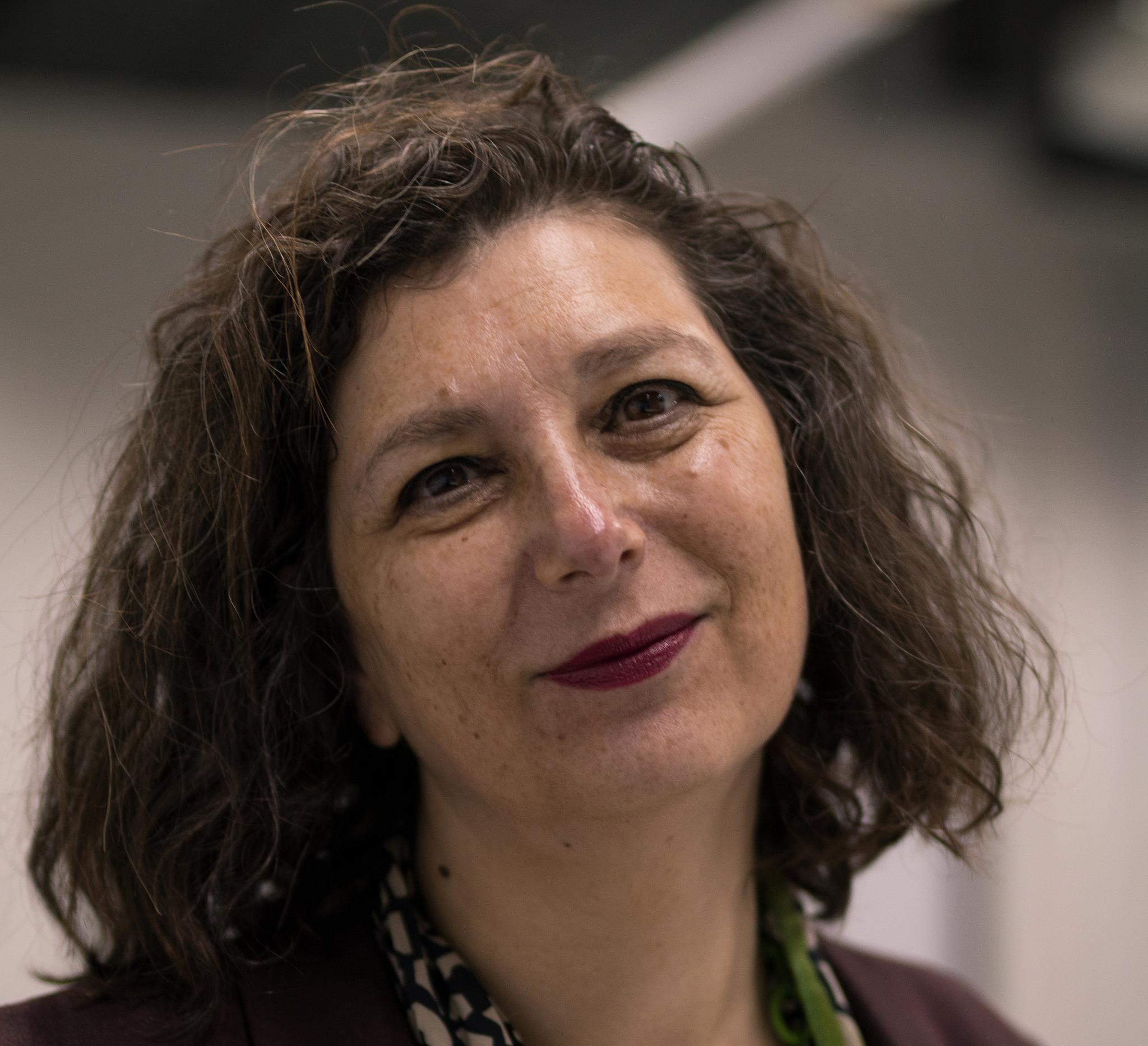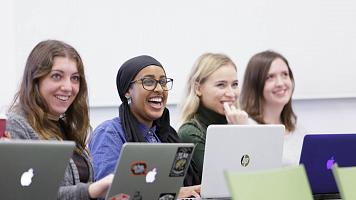The MA in Social Entrepreneurship is one of the few graduate programmes in the world dedicated entirely to the study of the fast-moving field of social entrepreneurship and innovation.
It will equip you with a strong understanding of foundational theories of entrepreneurship, innovation, social problems and policy (with organisational sociology as the base discipline) while supplying practical tools in relation to entrepreneurial modelling and SROI.
There is also a marked emphasis on creativity, which means that you will have considerable scope to choose the precise topics you wish to tackle and the approaches you wish to apply. Teaching on the course is interactive and seminar-driven rather than based on the traditional model of long lectures and limited discussions.
What you study
The programme will introduce you to key concepts in the historical development of social enterprise and innovation and to its changing role in society and the economy. Seminars and talks will be given by social entrepreneurs, as well as leading professionals.
You'll learn innovative approaches to developing an enterprise, and gain confidence in revenue generation and financial modelling.
A significant amount of the learning is delivered through group projects and activities. This is designed to develop your individual communication skills and teamwork.
The programme consists of five compulsory modules, including a Dissertation or Project Portfolio. The are currently no option modules available on this programme.
| Module title |
Credits |
|
Foundations of Social Enterprise
|
30 credits |
|
Entrepreneurial Modelling
|
30 credits |
|
Advanced Topics in Social Enterprise
|
30 credits |
|
Evaluating Social Impact
|
30 credits |
|
Dissertation/Project/Portfolio
|
60 credits |
In addition to these main modules, we also regularly invite external experts from intermediaries such as UnLtd and other educational institutions such as the University of Oxford to ensure our students get access to a wide range of cutting-edge topics in the field. Social and alternative finance is among the key areas examined in such guest lectures; social innovation cases from particular country-contexts such as, for example, South Korea, Japan and Colombia also feature frequently.
We are occasionally able to provide additional training in related fields (such as accounting) in the form of short-term workshops to strengthen our students’ educational experience at Goldsmiths and at the University of London. We also encourage you to become members of various social entrepreneurship/collaboration hubs around London for learning and networking purposes.
A non-business school programme
The MA in Social Entrepreneurship at Goldsmiths is quite unlike traditional business/management-driven courses in the field: on the one hand, it allows scope for a far deeper examination of the theoretical and practical foundations of social innovation; on the other, it provides unique access to an expanding learning community (formed by our students and our wider, growing network) engaged in real-time research.
Equally important is the fact that students are consciously encouraged to, and supported with, forming their professional public profiles, through things like:
- blogging (eg via The Golden Angle blog that students founded in 2013-2014)
- public speaking
- interactive research projects
- developing your own social enterprise
Because our students possess diverse, highly relevant knowledge that they have accumulated prior to coming to Goldsmiths, real efforts are made to integrate this knowledge and experience into the collective learning processes.
One relevant tool that we employ here is an interactive peer-review process that we employ to raise the quality of student output, which means that often student essays (not just dissertations) are of publishable quality. Furthermore, we take full advantage of our location within London’s bustling community of social innovation by engaging with leading intermediaries, practitioners and (junior as well as senior) thought leaders.
Learning objectives
In terms of essential learning objectives, students of this MA are expected to:
- Develop a critical, sociologically informed understanding of this fast evolving field
- Develop tangible expertise in social return on investment and entrepreneurial modelling methodologies
- Become part of London's social innovation community, a global centre of gravity in this field (with links to local social innovation communities virtually everywhere in the world)
- Access a number of future career paths in the growing social innovation sector
- Develop a grasp of research methods, a significant body of written work and a public profile through assignments, debates and online/offline publication avenues (including The Golden Angle), enabling some students to work as social innovation consultants/knowledge leaders upon graduation
Download the programme specification.
Please note that due to staff research commitments not all of these modules may be available every year.
.jpg)
.jpg)






